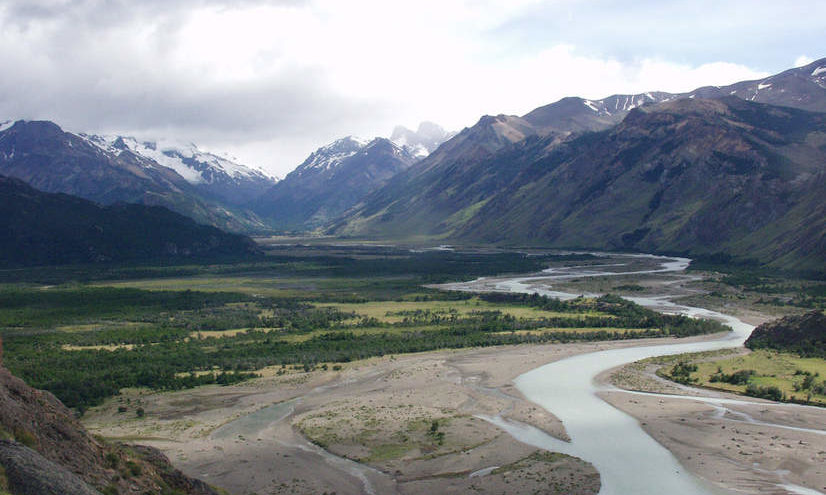BP doesn’t carry out the highly controversial extraction technique known as fracking (hydraulic fracturing) in the UK because, in its own words, it would ‘attract the wrong kind of attention‘.
But BP is fracking in Patagonia, Argentina, through its majority stake in the company Pan American Energy.
BP’s Vaca Muerta project risks contaminating groundwater, along with damaging the landscape and local people’s wellbeing with dumped waste, wells and pipelines. When challenged on this at the company AGM by Fernando Cabrera from the Argentinian oil justice group Obervatorio Petrolero Sur (OPSur), BP Chairman Carl Eric Svanberg refused to take responsibility for the risks.
Argentina has the world’s second biggest reserve of shale gas after China, with resources concentrated in the highlands of Vaca Muerta which has been dubbed a ‘carbon bomb’.
Film: Argentinian and Colombian delegates speak at the BP-sponsored British Museum in May 2018.
BP’s fracking in Argentina faces strong opposition from local people, including Indigenous Mapuche communities. Over fifty local municipalities and the entire province of Entre Ríos have put fracking bans in place. But local resistance is being violently repressed. According to a recent report by Platform and OPSur:
‘In 2017 the provincial government has escalated the use of violent tactics against Mapuche Indigenous organisations, threatening two communities (Puel Pvjv and Fvta Xayen) with evictions, and bringing in national militarised gendarmerie against a community (Campo Maripe) that was protesting fracking on its land.’
Judging by the lack of concern shown at its AGM, BP seems happy to benefit from these kinds of repressive government tactics.
